We’re committed to using our scale and influence responsibly by taking steps to source more products that fulfill the growing customer demand for ethical and sustainable products.
Fiscal 2025 Performance Highlight
99%+ of Own Brands seafood (by weight) is certified sustainable or recommended
90% of palm oil used in Own Brands products is certified sustainable by physical trace and credits
Our Approach
Our key focus areas for ethical and sustainable sourcing include:

Animal welfare
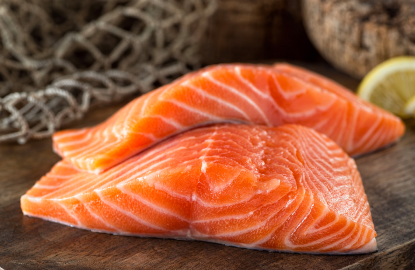
Sustainable seafood
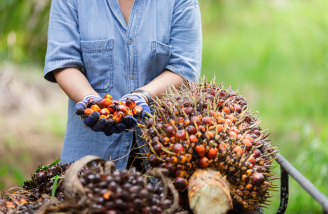
Sustainable palm oil
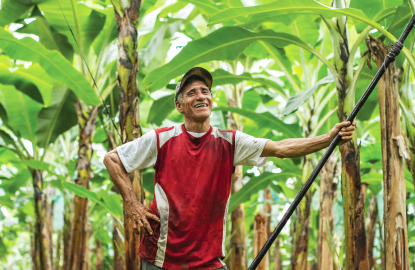
Fairtrade
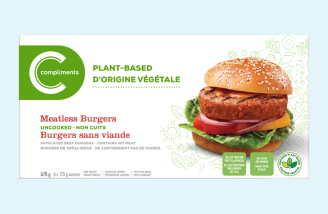
Plant-based options
Our strategy for these topics is based on a multi-phase approach to gather supply-chain data to inform appropriate governance, commitments and continuous improvement. Our goal is to empower suppliers with clear policies, expectations and tools and to enable customers to make sustainable and healthy product choices.
Key stakeholders supporting our work in this area include the National Farm Animal Care Council (NFACC), Canadian Roundtable for Sustainable Beef (CRSB), Retail Council of Canada’s Animal Welfare and Responsible Sourcing Committees, Sustainable Fisheries Partnership, Ocean Wise, Roundtable for Sustainable Palm Oil and Fairtrade Canada.


Embedding Responsible Sourcing Across Our Supply Chain
Through our Ethical and Sustainable Sourcing Policy (ESSP), we continue to work across all product categories to embed responsible sourcing standards and expectations into purchasing processes. Applying to both direct and indirect suppliers, this policy communicates our expectation that they address the social and environmental impacts of their products by complying with all applicable laws and regulations and upholding high standards of stewardship. It includes our zero-tolerance position on child labour and forced labour, along with a range of related due diligence practices that reduce human-rights-related risks in supply chains.
Growing Supplier Diversity
We are committed to fostering DE&I in our supplier partnerships. We recognize and take responsibility for the impact we have on suppliers and their communities, which is why it is imperative we practise inclusive sourcing. Our goal is to better support diversely owned businesses in our supply chain and reflect the communities we serve in our business practices. Diverse suppliers include businesses founded, owned, and led by women, visible minorities, Indigenous people, 2SLGBTQIA+ individuals and people with disabilities. Our local and strategic sourcing teams are focused on equal-opportunity sourcing, diverse supplier mentorship and community connectedness.
In fiscal 2025, we completed the verification phase for our Partnership Accreditation in Indigenous Relations(PAIR) through the Canadian Council for Indigenous Business. Activities included holding an Indigenous supplier roundtable, providing training for teammates on PAIR and joining CCIB’s Supply Change™ program as a Procurement Champion organization.
Ongoing Commitment to Animal Welfare
We’re committed to providing customers with options that align with their values. We believe in an approach grounded in science and collaboration, which is why we support the National Farm Animal Care Council (NFACC)’s process that standardizes and verifies farmed animal care throughout Canada.
Building on the publication of our ESSP and Animal Welfare Statement in fiscal 2023, we worked with suppliers, industry groups and animal welfare organizations to develop new and updated guidelines in four key areas:
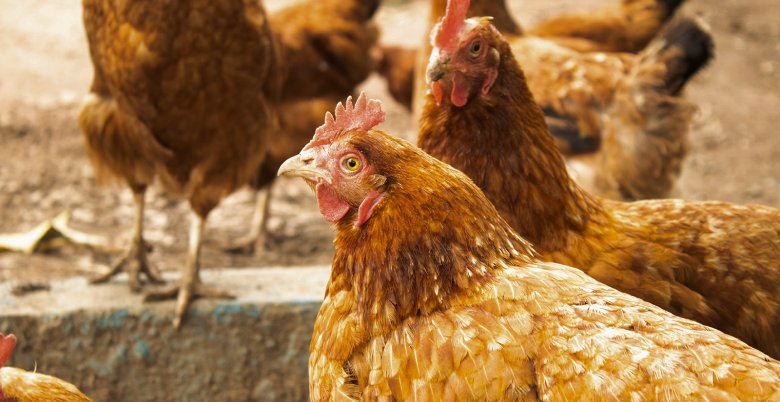
|
Eggs |
We remain committed to continuing to work with suppliers and industry partners, such as the NFACC, to increase the availability of cage-free (including free-run, free-range and organic) and enriched-housing eggs, setting internal purchasing milestones and educating customers on the options available in stores. In fiscal 2025, 20% of total shell eggs sales were cage-free, with the remainder coming from enriched housing systems or conventional cages. Currently, many egg suppliers use both enriched housing systems and conventional cages, and it is difficult to get accurate data as to the proportions from each type of housing within the supply provided. As the transition from conventional cages to enriched housing systems continues, we will work with suppliers to get accurate data to help demonstrate our progress towards our commitment. |
|
Sows |
We are aligned with industry efforts to phase out gestation crates. One large supplier for our Own Brands lean ground pork estimates that 75% of their sows are raised in loose housing systems. |
|
Broiler Chickens |
Canadian farmers are required to implement the Chicken Farmers of Canada’s Raised by a Canadian Farmer Animal Care Program. We are working with producers so that broiler chickens we purchase are sourced from farms that meet NFACC stocking density requirements, and improve sourcing practices such as rendering chickens insensible through controlled-atmosphere stunning. |
|
Beef and Dairy |
As a member of the Canadian Roundtable for Sustainable Beef, we support the Canadian beef industry to improve animal welfare and reduce environmental impacts. We also encourage sustainable farming practices including opportunities for carbon sequestration on grazing lands. We will continue to address animal welfare on a protein-by-protein basis, doing our part to encourage more ethical and sustainable production, including addressing climate impacts and supporting biodiversity and nature. |
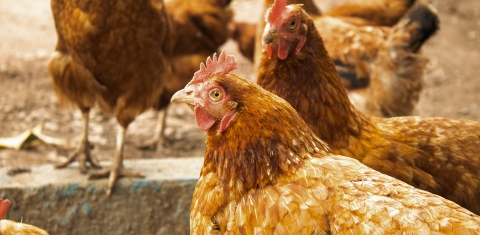
Supporting More Sustainable Seafood Practices
Through our Seafood Metrics initiative, delivered by the Sustainable Fisheries Partnership, suppliers gain a comprehensive understanding of the sustainability risks and opportunities associated with their source fisheries, including both wild-caught and farmed seafood. Businesses can evaluate the sustainability impacts of fish and seafood products, understand the effectiveness of existing improvement efforts and prioritize future opportunities. Seafood Metrics also supports traceability within supply chains by enabling suppliers to report place of origin. This empowers suppliers and our procurement teams to make informed decisions about the seafood they source.
After gathering information for two years through Seafood Metrics, our business and suppliers have reliable data on seafood origin, catch methods, certifications and human rights risks. A third party, Ocean Wise, audits and assesses the data to provide annual recommendations on alternative sources to eliminate or reduce non-sustainable species or fisheries across our seafood supply chain. We work closely with the Sustainable Fisheries Partnership to address gaps in our reporting and to ensure seafood data is accurate. Using this data, we have begun to update our seafood guidelines to be more reflective of the current environmental and social imperatives to ensure our oceans are being fished responsibly. We aim to begin rolling out these guidelines with suppliers within the next year.
Third-Party Program Certification
Proportion
(%)
As we work towards expanding our sustainable seafood guidelines beyond our Own Brands products, we are certified by these third-party programs:
Own Brands fresh and frozen fish and other seafood by weight that are third-party certified sustainable or recommended
Own Brands fresh and frozen fish and other seafood products certified by Marine Stewardship Council
Own Brands fresh and frozen fish and other seafood products recommended by Ocean Wise
Own Brands fresh and frozen fish and other seafood products certified by Best Aquaculture Practice
Own Brands fresh and frozen fish and other seafood products certified by Aquaculture Stewardship Council
Sourcing Sustainable Palm Oil
Our Sustainable Palm Oil Policy includes the goal to source as close to 100% certified sustainable palm oil as possible in Own Brands products by December 31, 2025, as defined by the Roundtable on Sustainable Palm Oil (RSPO-certified) standard. Our approach to ensure suppliers meet our standards includes an annual survey and validating supplier certifications.
As of calendar 2024, 90% of palm oil used in Own Brands products is certified sustainable by physical trace and credits. To progress towards our goal of 100%, for the remainder of the year we will continue to work with suppliers to adopt sustainable palm oil practices and obtain RSPO-certified palm oil.
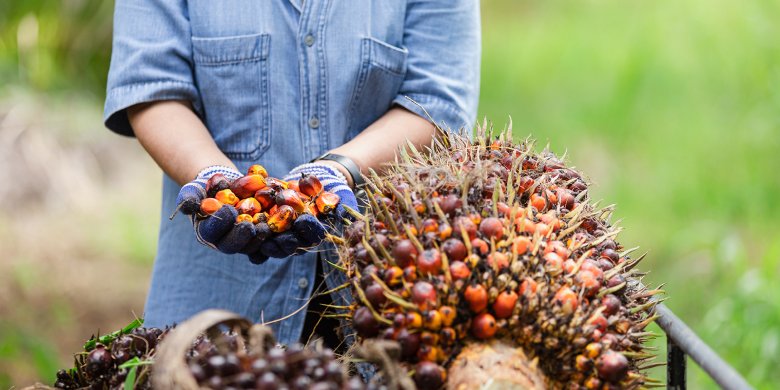

Ensuring Fair Pay for Growers Through Fairtrade
In fiscal 2025, Sobeys continued to purchase Fairtrade-certified products, generating Fairtrade Premium funds for farmers.
In addition to our Own Brands assortment of Fairtrade coffee and chocolate, we also provide an outlet for many national and international suppliers to make their Fairtrade products available across Canada. Some of these brands include:
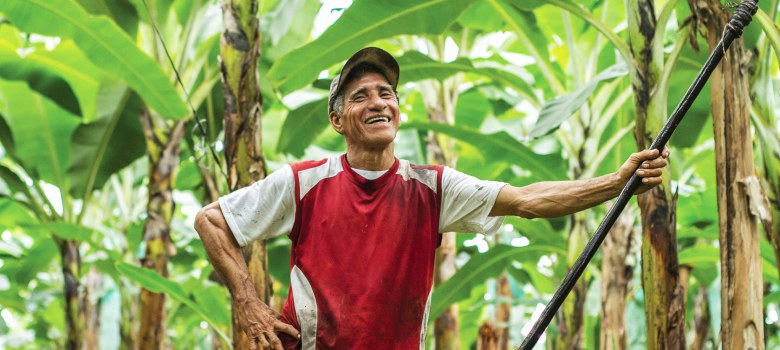
|
Coffee |
|
|
Chocolate, Snacks & Baking |
|
|
Tea |
|
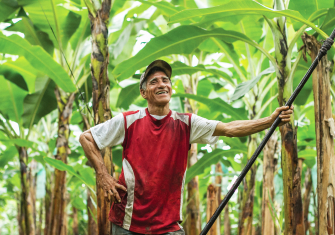
Providing Plant-Based Options
We aim to give our customers a choice of great-tasting options from our broad assortment of fresh, nutritious produce, legumes and other plant-based products. All our stores offer a plant-based assortment, including alternatives to dairy and meat, and other plant-based proteins. Options include sustainably grown speciality mushrooms and microgreens, which combine high-efficiency production and many nutritional benefits.
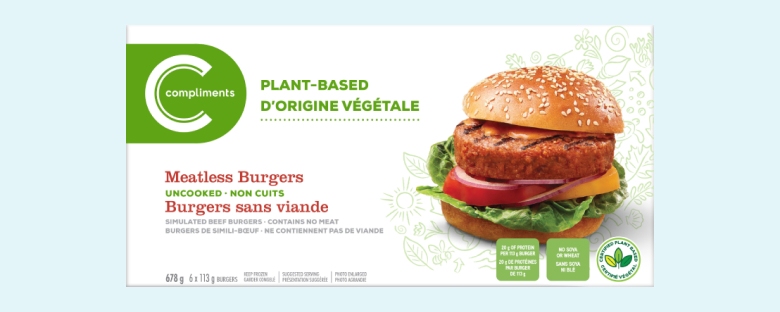

Improved Ways to Choose Sustainable Products
Third-party certifications enable customers to feel confident about the products they enjoy. Through our Look For the Wellness program and Green C Compliments program, customers can identify products associated with better environmental outcomes, such as products that are organic, plant-based, vegan or third-party certified, as well as products without phosphates, parabens or sulfates. Read more about our approach to customer wellness and experience.

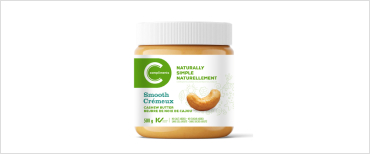
Genetically Modified Organisms (GMOs)
We aim to help Canadian families eat better by offering a variety of produce aligned with their values. As part of our Sourcing Policy, we require all produce suppliers to identify which, if any, of their products are genetically modified (GMO). In fiscal 2025, almost all producers reported non-GMO, except for the Pinkglow pineapple.
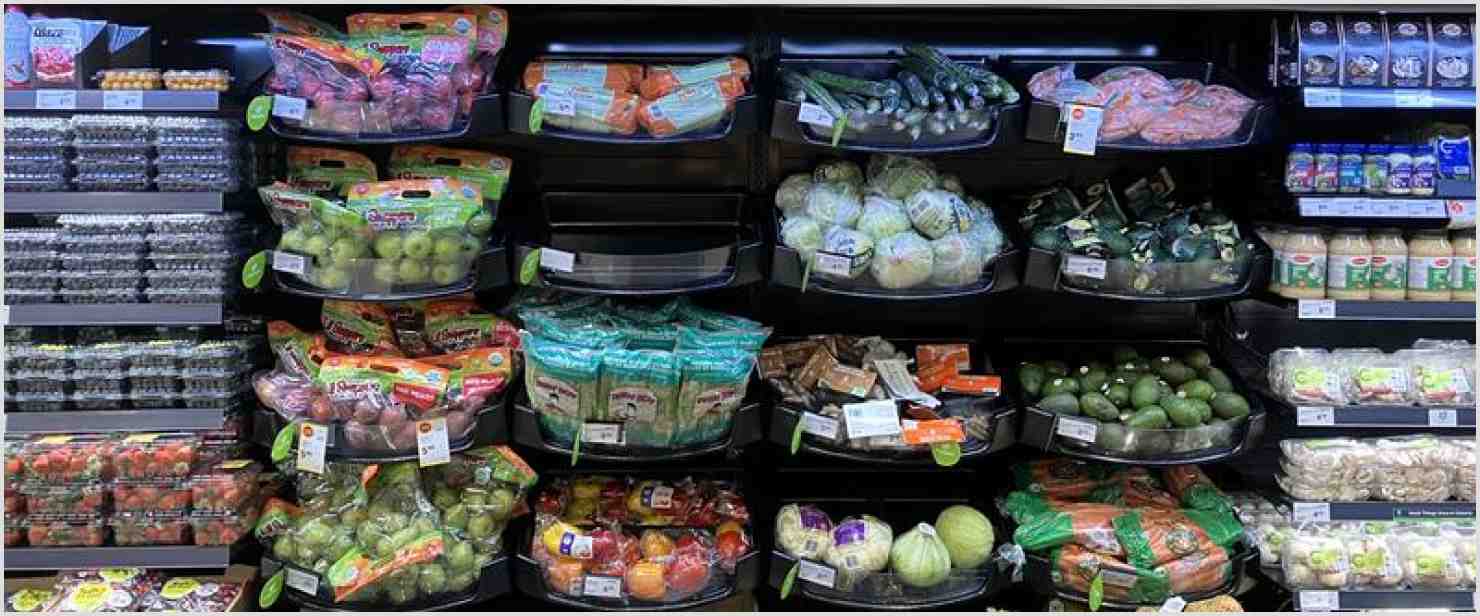

Expanding Our Sustainable Canned Seafood Assortment
This year we expanded our range of sustainable Own Brands canned Compliments fish and seafood products. All Compliments canned tuna products have Marine Stewardship Council (MSC) certification, with other canned seafood products supporting sustainability through the Aquaculture Stewardship Council (ASC) certification.
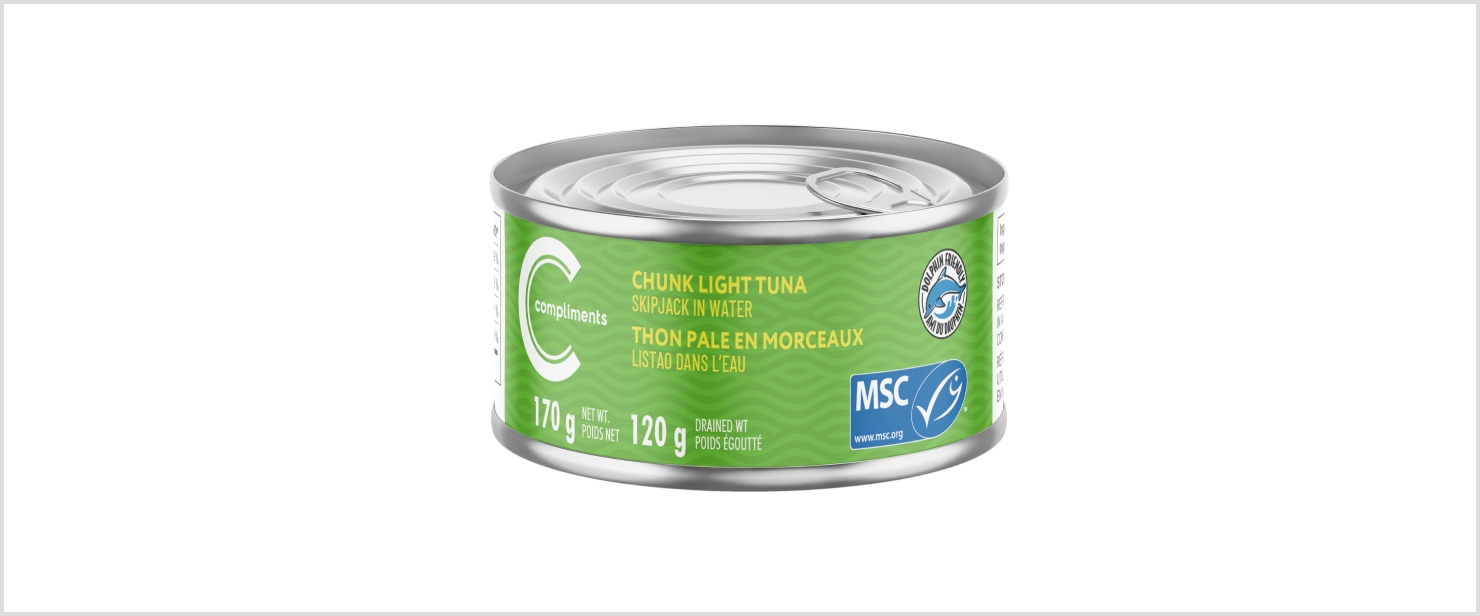

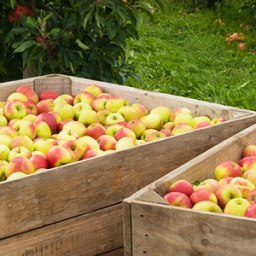
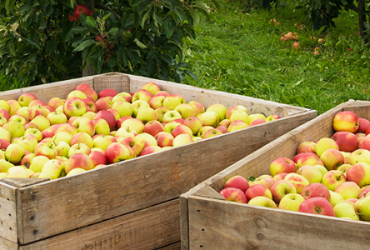
Learn More
Our commitment to ethical and sustainable sourcing connects with our focus on maintaining food quality and safety, and customer wellness and experience.
As a family nurturing families, we want to ensure Canadians are taken care of today, tomorrow, and in the future. By doing OurPart™ for the environment, we hope to inspire our customers to do theirs. Every step we take together—big or small—can make a difference.
Learn More



